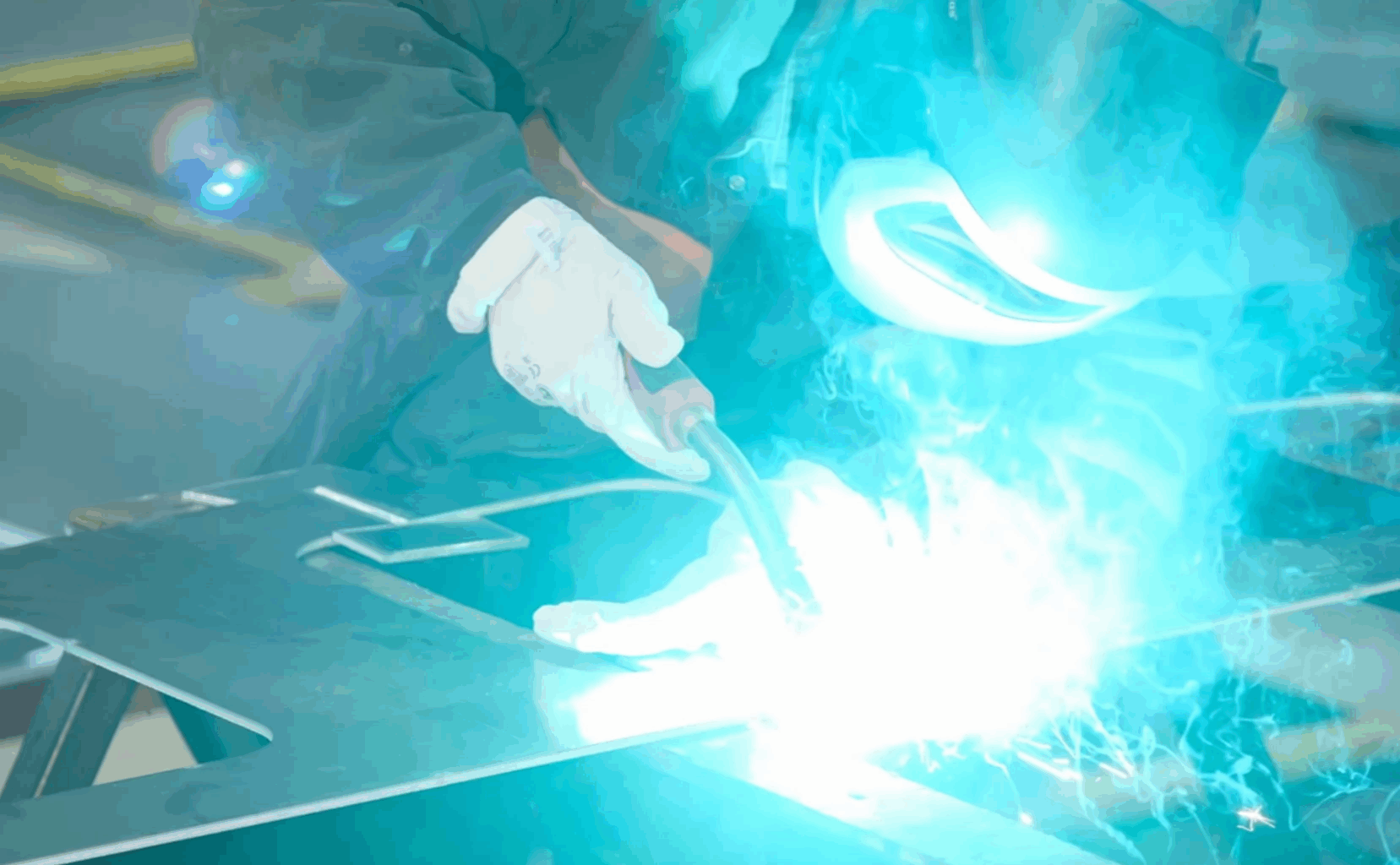Construction Begins on The First Hydrogen-Electric Coastal Fishing Vessel in Latvia
At the Latvian shipyard «AtoZ», work has begun on the first fishing vessel designed and built in Latvia to be powered by hydrogen fuel cells. The project, titled «Coastal fishing vessels powered by zero-emission hydrogen fuel cells», is the first of its kind in Latvia where innovative hydrogen fuel cell technology is being applied to support sustainable shipping and fishery. The project’s lead partner is Riga Technical University (RTU).
«The aim is not merely to build a single vessel, but to create a sustainable technological solution that is practical, reliable, and contributes to a cleaner marine environment. This project demonstrates Latvia’s capacity to engage in forward-looking international solutions and enhances the country’s visibility within the European research and innovation space,» stated RTU Vice-Rector for Research, Maira Indrikova, at the project’s launch event. Meanwhile, Andris Kuznieks, representative of the European Commission in Latvia, highlighted the project’s relevance within the context of Europe’s development priorities.
To mark the start of construction, the vessel’s first weld was done. The ship will be just under 12 metres long and equipped with a hydrogen fuel cell system and electric propulsion, enabling fully emission-free operation. Its design will be adapted to the real working conditions faced by fishermen in coastal waters, making it the first vessel of its kind in Latvia.
The project runs from 1 May 2024 to 31 October 2026, with a total budget of €3.38 million, of which €2.8 million is financed by the European Union. The consortium includes partners from Latvia, France, Estonia, and Lithuania. Alongside RTU, the project involves the «AtoZ» shipyard, the French company «Genevos» (which supplies a 40 kW hydrogen fuel cell system), Vidzeme University of Applied Sciences, and the Stockholm Environment Institute Tallinn Centre.
The initiative is part of the «EU Mission Ocean», which aims to restore and protect Europe’s waters by 2030, promoting biodiversity, zero pollution, and climate neutrality. This project not only delivers a single technological platform but also lays the groundwork for broader adoption of hydrogen technologies in coastal fisheries across Europe.
READ the latest news shaping the hydrogen market at Hydrogen Central
Construction Begins on The First Hydrogen-Electric Coastal Fishing Vessel in Latvia, source

